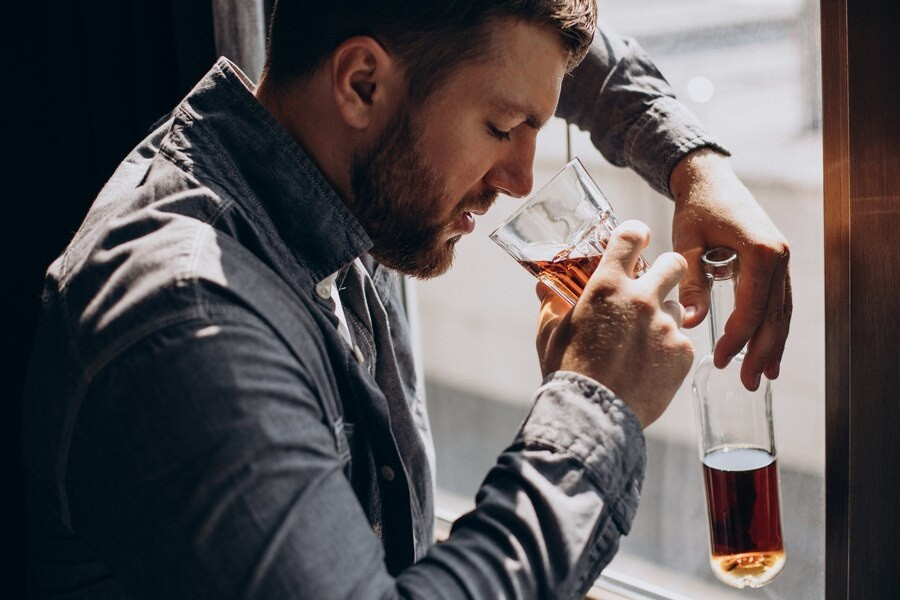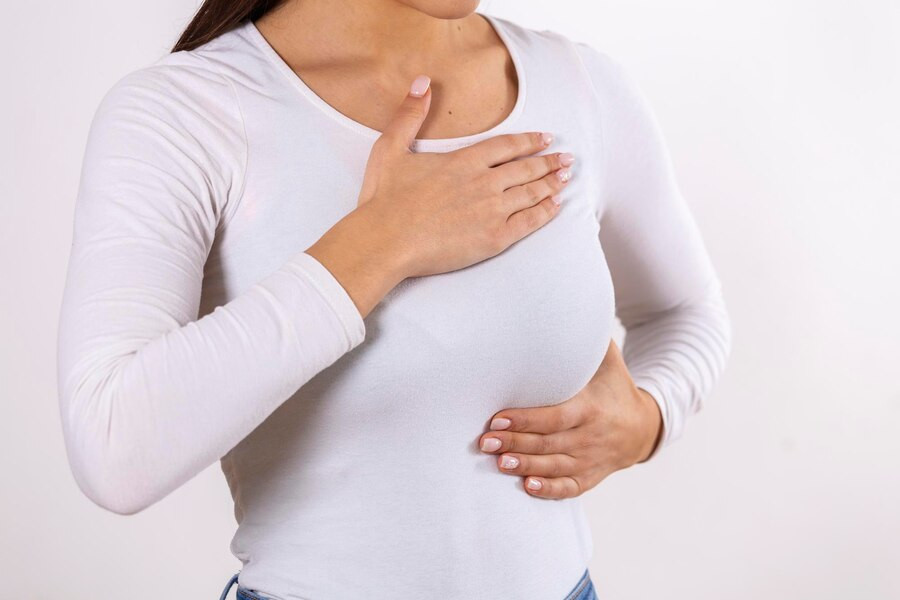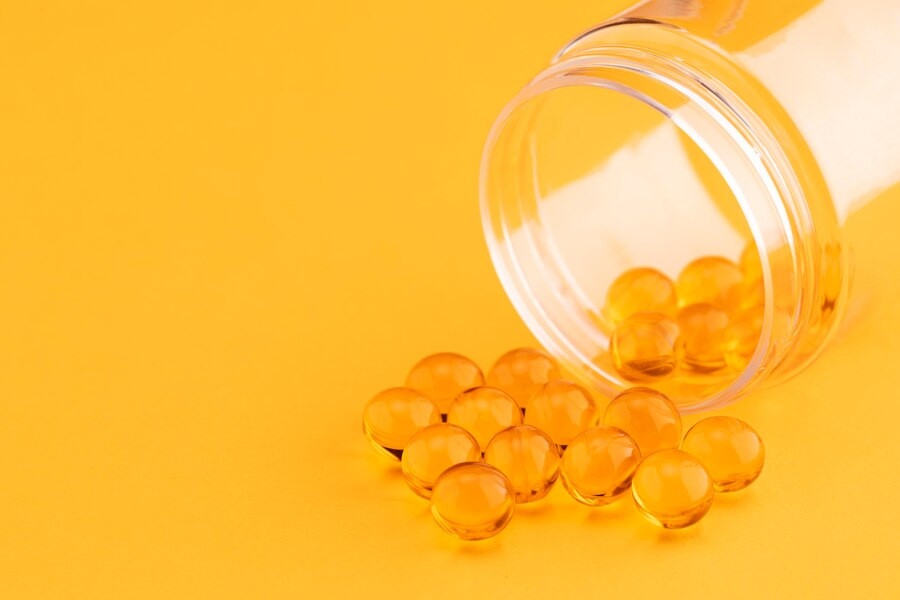Most alcoholic beverages, such as beer, wine, and other types of liquor are made from a mixture of ethanol and water. Generally, ethanol comes from the fermentation of carbohydrates and yeast.
Drinking alcoholic beverages, especially in excessive amounts and frequently, can be harmful to your health. Excessive alcohol consumption increases the risk of injury, motor accidents, sexual violence, suicide, alcohol poisoning, risky sexual behavior, miscarriage, stillbirth, and fetal alcohol spectrum disorders in pregnant women.
In addition, long-term excessive consumption of alcoholic beverages can also lead to an increased risk of chronic diseases, including high blood pressure, stroke, liver disease, cancer, heart disease, mental health disorders, and alcohol addiction.
How to quit drinking these alcoholic drinks?
Tips for Quitting Alcohol
Quitting alcohol is not easy for some people. This is especially true when alcohol has become an escape from problems and has been perceived as a " false solution".
However, it is important to remember that quitting alcohol is not impossible. Here are some tips that can be done:
Seek information on the effects of alcohol
Alcoholic beverages can affect health in many ways. Initial effects include mood swings, impulsive behavior, nausea, vomiting, diarrhea, headaches, changes in hearing, changes in vision, loss of coordination, and difficulty focusing or making decisions.
As mentioned earlier, long-term alcohol consumption can also increase the risk of chronic diseases. By understanding the impact of excessive alcohol consumption, you can build awareness and motivation to stop consuming alcohol.
Read more: Beware, Alcoholic Drinks Can Increase The Risk Of Bone Disease
Finding out the trigger
Some people drink alcohol excessively as an escape from their life problems. This is certainly not a healthy way out of the problem because, in addition to the problem that cannot be solved, you are actually adding a whole new problem.
Have the motivation to quit
Once you know what triggers you to drink, you also need to find and have the motivation to quit. This motivation is needed to help create a plan so that you can actually work towards quitting alcohol in a healthy way.
Talk to experts
Seek support from your loved ones as well as your doctor or psychologist. They can help you stay motivated in your efforts to kick your addiction and drinking habit.
Changing the friendship circle or environment
Studies have found that changing to a healthier friendship environment can help you kick your addiction and drinking habit faster. Perhaps you can find a new, more positive circle of friends, such as sports-related hobbies, or other positive pastimes.
Read more: How To Overcome Alcoholic Drunkness (Hangover)
Recognizing the symptoms of Alcohol withdrawal
One of the reasons why it can be difficult to completely stop drinking alcohol is alcohol withdrawal. Alcohol withdrawal occurs when alcohol levels suddenly drop and your brain remains in an active state.
Symptoms usually start 6 hours after you stop drinking, during which you will experience any of the conditions below:
- Anxiety
- Hand trembling
- Headache
- Nausea
- Vomiting
- Insomnia
- Sweating
Then, 12–48 hours later you may experience hallucinations and seizures. In the following 48–72 hours, you may experience other symptoms, such as:
- Confusion
- Heart racing
- High blood pressure
- Fever
- Excessive sweat
Experiencing alcohol withdrawal symptoms is sometimes something that is not easy to overcome. You can ask your physician for help to make it easier to get through. Regarding other complaints, in your efforts to stop drinking alcoholic beverages, you can utilize our health consultation services by downloading the Ai Care application via the App Store or Play Store.
Want to know more tips and tricks regarding health, first aid, and other home treatments? Check here!
- dr. Monica Salim
Crystal Raypole (2023). How to Stop Drinking: Making a Plan That Works for You. Available from: https://www.healthline.com/health/alcohol/how-to-stop-drinking
Ann Pietrangelo and Crystal Raypole (2023). What Are the Effects of Alcohol on the Body?. Available from: https://www.healthline.com/health/alcohol/effects-on-body
CDC (2022). Alcohol Use and Your Health. Available from: https://www.cdc.gov/alcohol/fact-sheets/alcohol-use.htm
Paul Frysh (2023). What Happens to Your Body When You Stop Drinking Alcohol. Available from: https://www.webmd.com/mental-health/addiction/ss/slideshow-quit-alcohol-effects
Rachel Reiff Ellis (2023). How to Quit Drinking (or at Least Cut Back). Available from: https://www.webmd.com/balance/ss/slideshow-how-to-quit-drinking
National Library of Medicine. Chemical Composition of Alcoholic Beverages, Additives and Contaminants. Available from: https://www.ncbi.nlm.nih.gov/books/NBK531662/
Mary Jo DiLonardo (2023). What Is Alcohol Withdrawal?. Available from: https://www.webmd.com/mental-health/addiction/alcohol-withdrawal-symptoms-treatments











